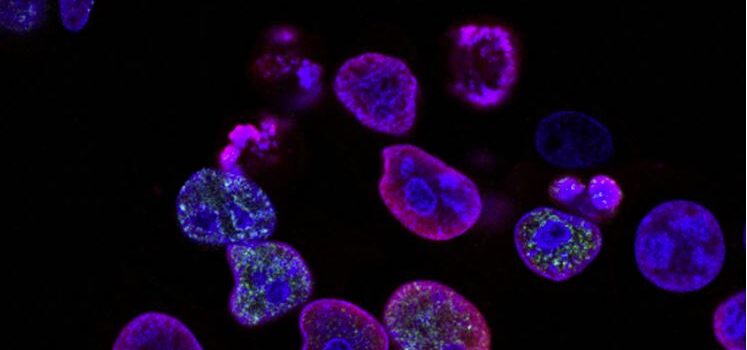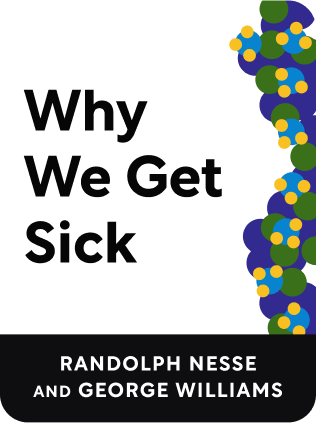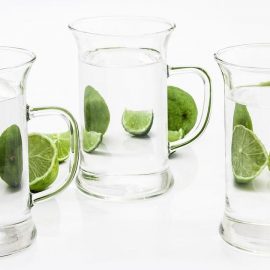

This article is an excerpt from the Shortform book guide to "Why We Get Sick" by Randolph Nesse and George Williams. Shortform has the world's best summaries and analyses of books you should be reading.
Like this article? Sign up for a free trial here .
Why hasn’t evolution gotten rid of diseases and mental illness? How do genes impact health and disease?
Unfortunately for humans, our bodies have evolved to prioritize reproduction above everything else. This means that diseases that affect us later in life are genetically ignored and mental illnesses that cause sexual aggression are prioritized.
Keep reading to learn more about how genes impact our health.
How Genes Impact Health and Disease
Why haven’t we evolved away genes that cause disease? How do genes impact health and disease?
The disease-causing gene may have benefits that are not as obvious. Also, the gene may have been beneficial during the Stone Age, but only cause disease in today’s environment.
Here are even more reasons that we haven’t evolved away genes that cause disease:
- Natural selection may not be able to completely eliminate disease genes due to insufficient adverse selection.
- A harmful recessive gene that confers no disadvantage for heterozygotes has a low rate of adverse selection, even if the unfortunate homozygous recessive die without reproducing.
- The math shows that if a lethal recessive gene that is created in one out of a million pregnancies will stabilize in frequency at one out of a thousand individuals. In other words, mutation can create the defective gene as fast as natural selection eliminates it.
- Genes that cause serious diseases may have some less obvious benefits that allow persistence.
- Consider a gene that is lethal if homozygous. Maintaining such a gene at a prevalence of 3-11% in the population requires a reproductive advantage of 6%.
- For example, bipolar disease causes manic periods that may promote risky feats leading to success (and thus social stature), as well as sexual aggression. This can increase reproductive fitness even at the cost of mental illness.
- The gene for cystic fibrosis may reduce death from diarrhea.
- The gene for Tay-Sachs disease may protect against tuberculosis.
- The mutated DR3 gene that causes childhood-onset diabetes decreases miscarriage. By the Punnett square, a mating of Dd x DD suggests that half of babies should be heterozygous Dd, but the observed rate is actually 66%!
- Genetic diseases that occur after reproductive age are less selected against.
- Huntington’s Disease causes little harm before age 40. By this time, people will have already had children, so there is little selection pressure against the gene.
- Genes may have benefits only in certain environments.
- In regions with malaria, G6PD deficiency is protective, since it causes the red blood cell to burst when the parasite uses the cell’s oxygen, thus limiting the parasite’s reproduction.
- Some genes may give heterozygotes an advantage, even if homozygous recessives suffer.
- The sickle-cell gene causes sickle-cell disease when inherited as homozygous recessive. However, in malarial areas, heterozygotes have less severe malari

———End of Preview———
Like what you just read? Read the rest of the world's best book summary and analysis of Randolph Nesse and George Williams's "Why We Get Sick" at Shortform .
Here's what you'll find in our full Why We Get Sick summary :
- Why evolution hasn't rid humans of all diseases
- How reproductive fitness is more important than overall survival
- How you evolved to dislike the sound of a baby crying






